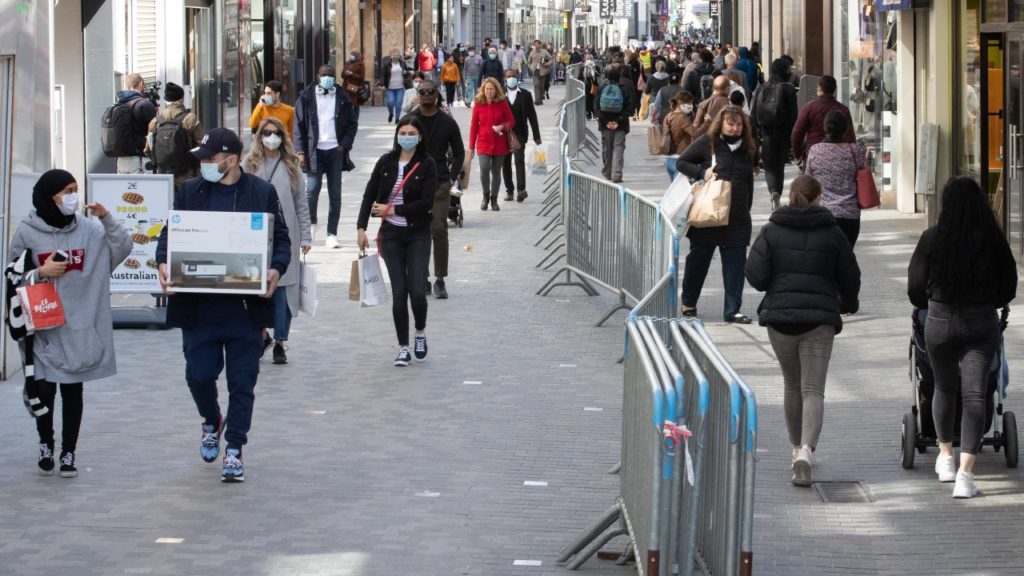The coronavirus is flaring up again in several countries, with some - but not all - speaking of a second wave. What causes an outbreak to become a second wave?
According to reports, Iran is dealing with a second wave of the coronavirus, as the country again reports over 3,000 infections a day. South Korea reported a second wave of infections, and a German district has reimposed a local lockdown after an outbreak in a meatpacking plant.
"There is no unambiguous international definition," biostatistician Niel Hens (UHasselt) told Het Nieuwsblad. "Each country uses different criteria," he added.
"We wouldn't call the situation in South Korea a second wave," said Hens, adding that the country is calling 17 new infections per day a second wave because it is significantly more than the 2 new infections per day on 29 April.
"I think they want to completely control the virus and strive for zero infections, just like in China," he added.
Belgium, however, uses a different strategy, and so also has a different interpretation of what a second wave is.
"To get the transmission all the way to zero, you have to keep applying drastic measures. That would be very difficult to achieve here, and is not desirable," said Hens, adding that it is more realistic that Belgium will continue to see small local flares from time to time, with the occasional small peak in the curve.
Related News
- 71% of Belgians favour new lockdown if virus surges again
- New coronavirus outbreak triggers local lockdown in Germany
- Coronavirus: South Korea reports second wave of infections
"Epidemiologically speaking, it will only become a second wave if the transmission rises in several places again. If everyone sticks to the rules now, hopefully that will not be the case," he added.
What is happening in Iran, is the result of the country's exit out of lockdown while the number of cases was still quite high. "You can hardly call this a second wave. It is more like the resurgence of the first one," Hens said.
In Germany, the sudden high R-number and increase in the number of infections are due to the situation in one company, meaning it is more of a local outbreak than a full second wave.
"The question is how this will evolve. Does [the situation] stay under control, which [the authorities] are they are doing everything for now, or does this create a new wave of infections?" he said.
Whether or not there will be a second wave of infections in Belgium will depend on the population's behaviour, according to epidemiologist Pierre Van Damme (University of Antwerp).
"We can help the virus enormously, or ensure that it does not get free rein. As citizens, we have a huge amount of control over it, and we are going to have to keep it up," he told Gazet van Antwerpen, adding that no one wants another lockdown or an increase in hospital admissions.
"We can expect a sort of second wave that translates into small, sporadic flare-ups here and there, for example in a certain company or a school," said Van Damme. "That is livable. If we manage to react very quickly, [these flare-ups] will soon go out again," he added.
Maïthé Chini
The Brussels Times

